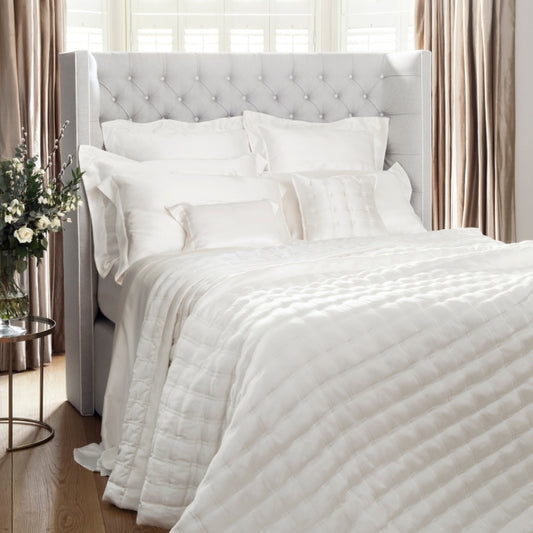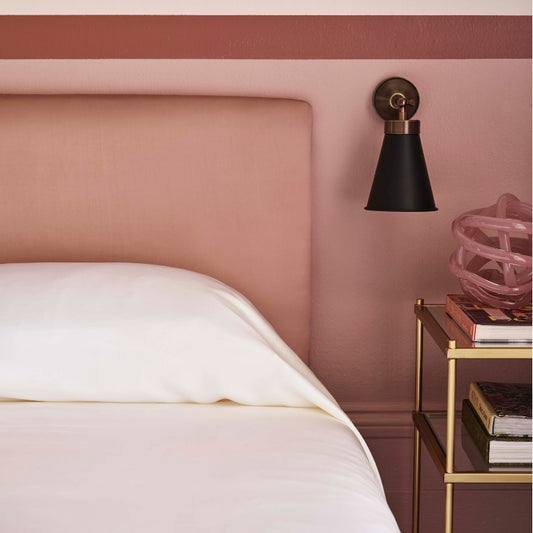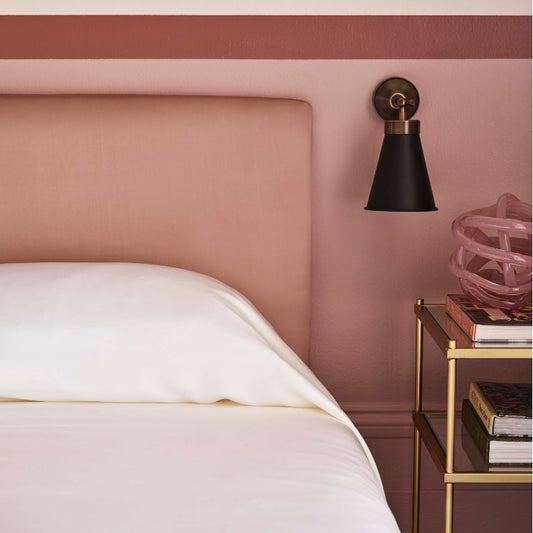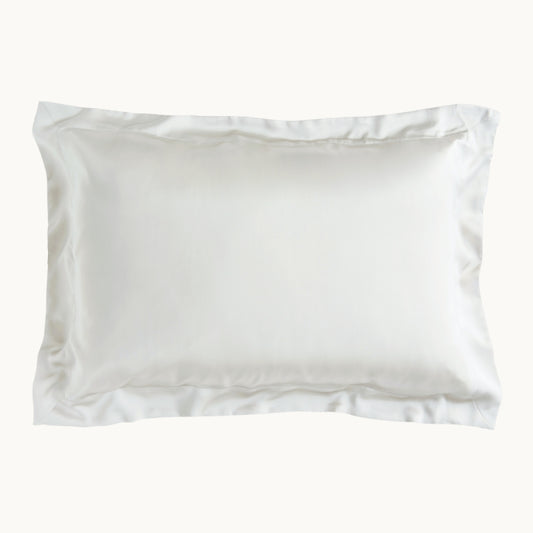Over the last month, we’ve looked at several sleep affecting topics, such as feng shui, health and fitness, and beauty. This week, for our final sleep awareness feature, we’re going to be looking at the effect that stress and other psychological conditions have on...
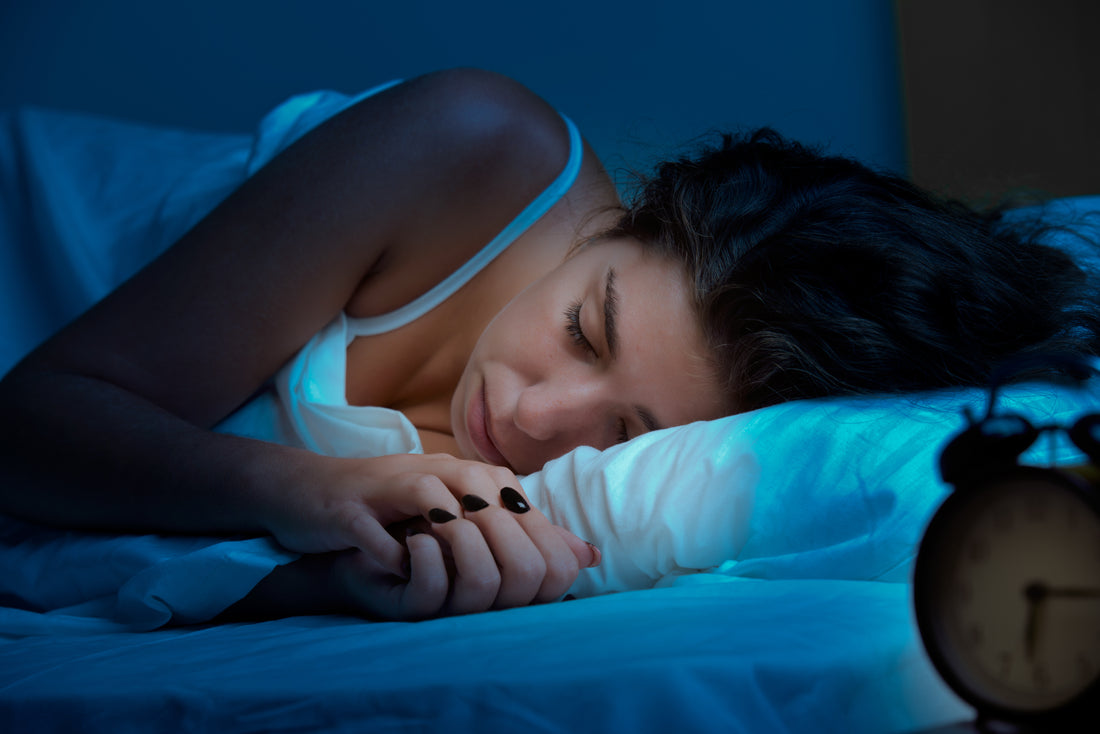
How does your state of mind affect sleep?
How does your state of mind affect sleep?
Posted on 01 October 2018Over the last month, we’ve looked at several sleep affecting topics, such as feng shui, health and fitness, and beauty. This week, for our final sleep awareness feature, we’re going to be looking at the effect that stress and other psychological conditions have on our sleep. We often assume that stress and mental health conditions, such as depression, have a profound effect on our sleep, but how much of this is true? If our state of mind and sleep are so well connected, does this mean that sleep can also directly affect our psychological well-being? To find this out, we sat down with Professor Ram Dhillon, Consultant ENT Surgeon with a Special Interest in Sleeping Disorders, at the Sleeping Disorder Centre, London.

To what extent does stress affect sleep?
Stress is a major disruptor of sleep. It most commonly manifests as insomnia, which is the inability to sleep. It can also lead to regular night-time awakenings and restlessness. Eventually, stress can lead to physical conditions like arthritis and other illnesses.How do other psychological conditions affect sleep?
There are many psychological conditions that cause sleep disruption, including depression, anxiety, and various psychoses. These tend to interfere with the natural ability to move from light sleep to deep sleep, and then finally, REM (or Rapid Eye Movement) sleep. This disruption compounds the underlying disorder, which can then further affect the ability to sleep.How much sleep should we get, and why?
For the majority of people, at least six hours of sleep is needed. This allows for three light sleep to REM cycles, which occur every one and a half hours.
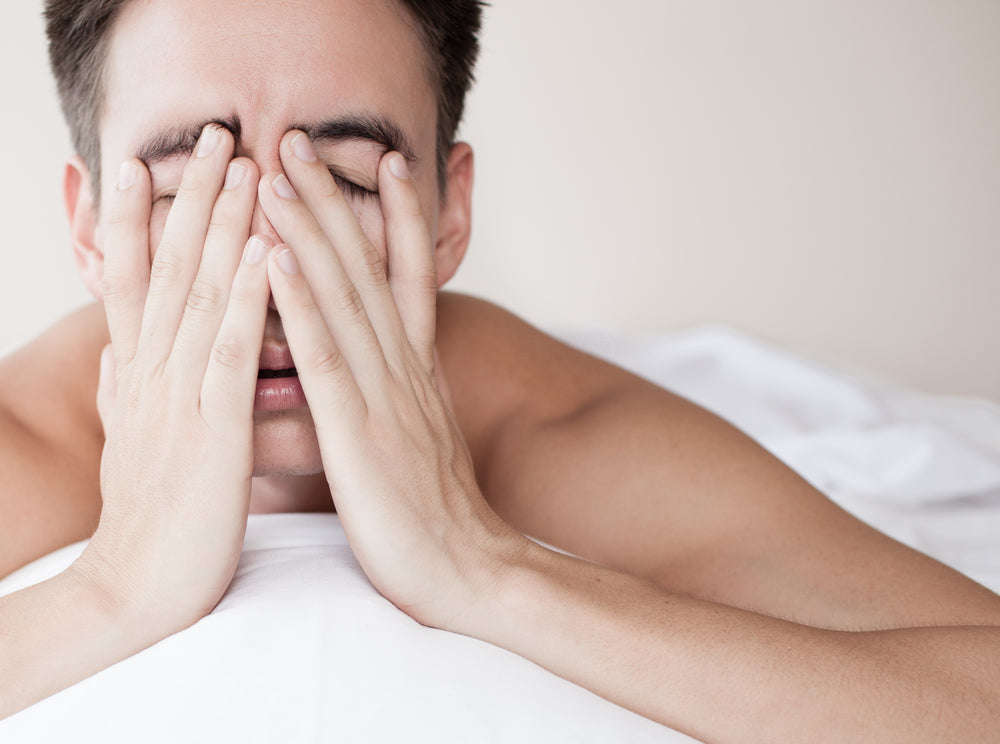
How does lack of sleep affect the mind?
Lack of sleep – particularly REM sleep – has a profound effect on the mind; it can disrupt our moods, affect our ability to create memories and controls how effective we are at concentrating. One of the most common causes of sleep disruption is Obstructive Sleep Apnoea (OSA). This is caused by an airway collapse which produces profound breath holding and a sharp drop in oxygen levels. It is usually accompanied by loud snoring, choking, and struggling episodes. OSA completely destroys the natural sleep cycle and can prevent REM sleep from even occurring. Severe sleep conditions, such as OSA, are more commonly seen in overweight and obese men, especially those who are diabetic – in fact, it’s believed that up to 50% of diabetics are likely to be suffering from OSA. OSA affects people both night and day, with many sufferers experiencing daytime sleepiness. This is a side effect of the body trying to reduce its sleep deficit. Daytime sufferers of OSA are often moody, have poor short term memory, and a low libido. Although women are less likely to suffer from OSA, doing so becomes more likely once post-menopausal.Is there a psychological reason we dream?
There is no psychological reason, but the evolutionary reason is probably to allow the brain to lay down memory and rearrange information in an appropriate filing system. Lack of sleep, as in sleep deprivation torture, has been shown to produce profound negative effects on the mind.What do you think has the biggest impact on someone’s dreams?
Younger people tend to have more vivid dreams than adults, which may be a byproduct of that stage in the brain’s development. Additionally, psychological trauma tends to produce vivid nightmares.




